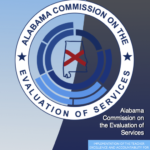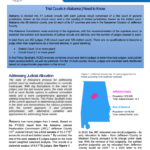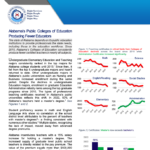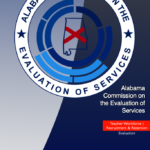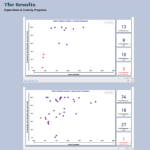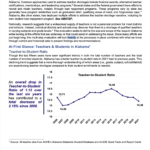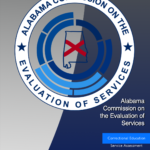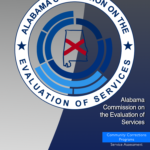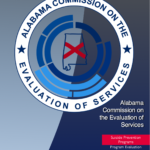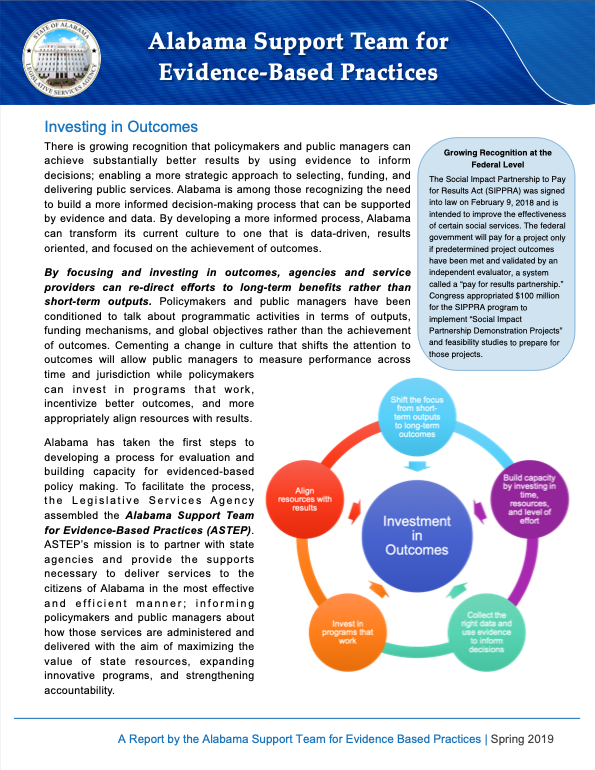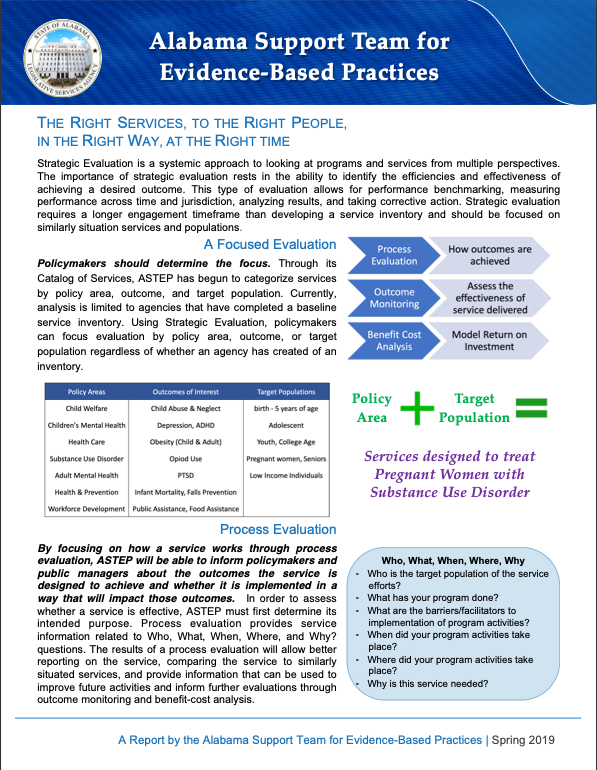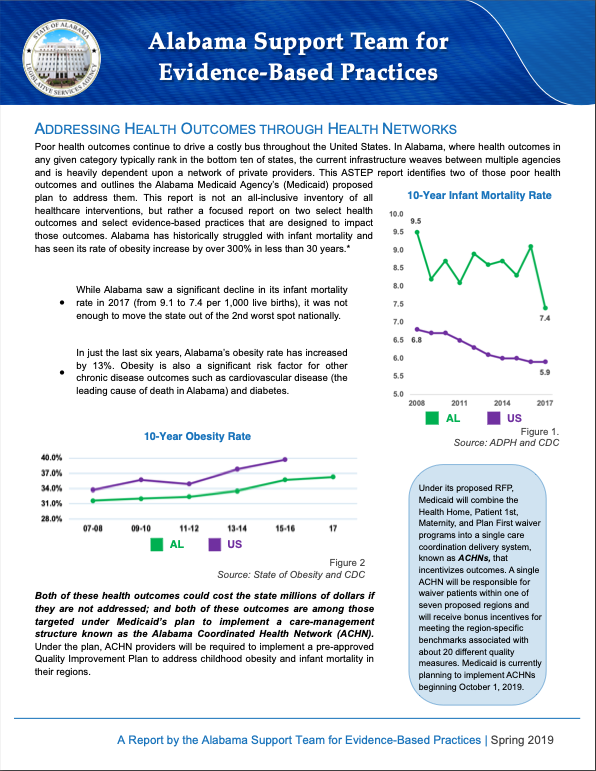News & Publications
Publications

Helping Families Initiative
2019 Publications – ASTEP
Investing in Outcomes
By focusing and investing in outcomes, agencies and service providers can re-direct efforts to long-term benefits rather than short-term outputs.
The Right Services...
Strategic Evaluation is a cost-effective approach to ensuring services delivered impact the desired outcome policymakers and public managers intended.
Addressing Health Outcomes...
Obesity is one of the costliest health conditions in the United States and Alabama, leading to billions of dollars in healthcare costs, lost wages, and lost tax revenue.
